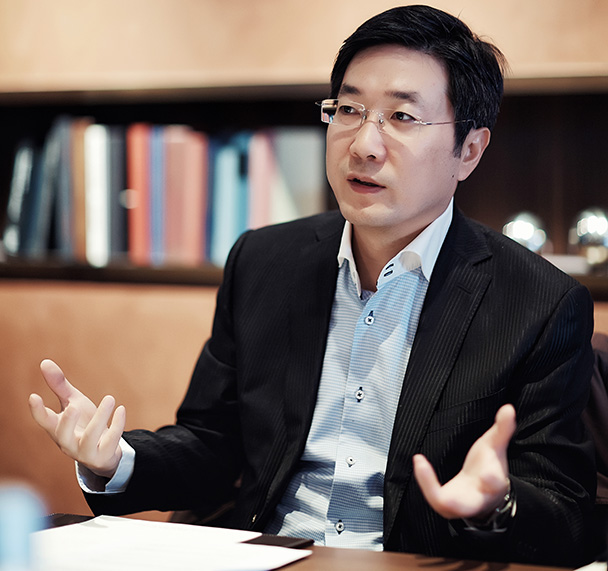
CKGSB’s Associate Professor of Strategic Management and Associate Dean of CKGSB’s European Campus Teng Bingsheng recently spoke at a webinar co-presented by CKGSB and Cornell University’s Smith Business Initiative. “The next several years will be critical for China as a trend of Chinese children turning away from leadership roles at their family businesses hits the country’s economy,” says Teng.
The webinar was jointly presented by CKGSB and Cornell as the schools partner to offer a program called Global Emerging Leaders in Family Enterprise (GEL). GEL, which runs July 10-24, is a select leadership development opportunity for entrepreneurs from American, Chinese and global family enterprises. It seeks to show participants how to find the most effective ways to help their family business sustain both wealth and tradition.
Amid China’s rise in economic might and entrepreneurial spirit, owners of China’s 40 million family-run businesses are increasingly under pressure to consider who will take the reins of the enterprise. Most of these enterprises are first-generation, privately owned businesses that launched soon after China opened its doors to the West and have never experienced a succession process.
“Succession has been very difficult for at least 67 percent of family businesses (in China),” Professor Teng said during the June 8 webinar ‘Understanding the Family Business in a 21st Century China’. The “next five to ten years will be critical because a lot of business owners are now in their 50s and 60s. Some are even in their 70s, so there will be the largest movement and transfer of wealth in Chinese history,” he said.
The hour-long webinar sought to explore the state of family enterprise in China, the challenges and opportunities that they face in an ever more modern China. It emphasized that despite the perception that most businesses in China are State Owned Enterprises (SOE), family and privately owned businesses make up nearly 90 percent of the country’s businesses. Most business owners in China are aged 20 to 49 (95 percent), compared to the United States where the average age of business owners is 54; only 11 percent are actually younger than 41 years old.
Professor Teng pointed out that China’s lack of methods for checking a management candidate’s credit history can dissuade family business owners from bringing in outside managers. Another issue is concern about economic trends. “Because of the inflation we have had in the last 20 years, people believe they have to be very aggressive in terms of wealth allocation, to preserve their wealth,” he said. “That will be another challenge for family businesses in China.”
Emerging leaders from family businesses can enhance their understanding of leadership in an increasingly competitive global economy in the GEL program. GEL consists of two modules – one in the US and one in China. The US Module will be held July 10-16; the China Module July 17-24. Participants completing both modules in good standing will receive a Professional Masters Certificate from Cornell University and CKGSB.
The GEL program’s value is rising as problems confronting family businesses have implications for success in the years ahead. A key challenge is finding ways to make both the business and the family more professional. Executives must learn to lead with feeling as well as with intelligence. Other challenges involve finding ways to manage skills shortages, innovation and governance.
By taking the GEL program, a young leader can grow as a business leader and define a future in the global economy. He or she also can develop succession strategies for sustaining an enterprise over generations, expand a global business network, and explore the commercial and cultural differences between China and the US.
For further information, contact: Alan Chen of CKGSB at alanchen@ckgsb.edu.cn or +1-646-627-7735; or go to http://gel.ckgsb.info.